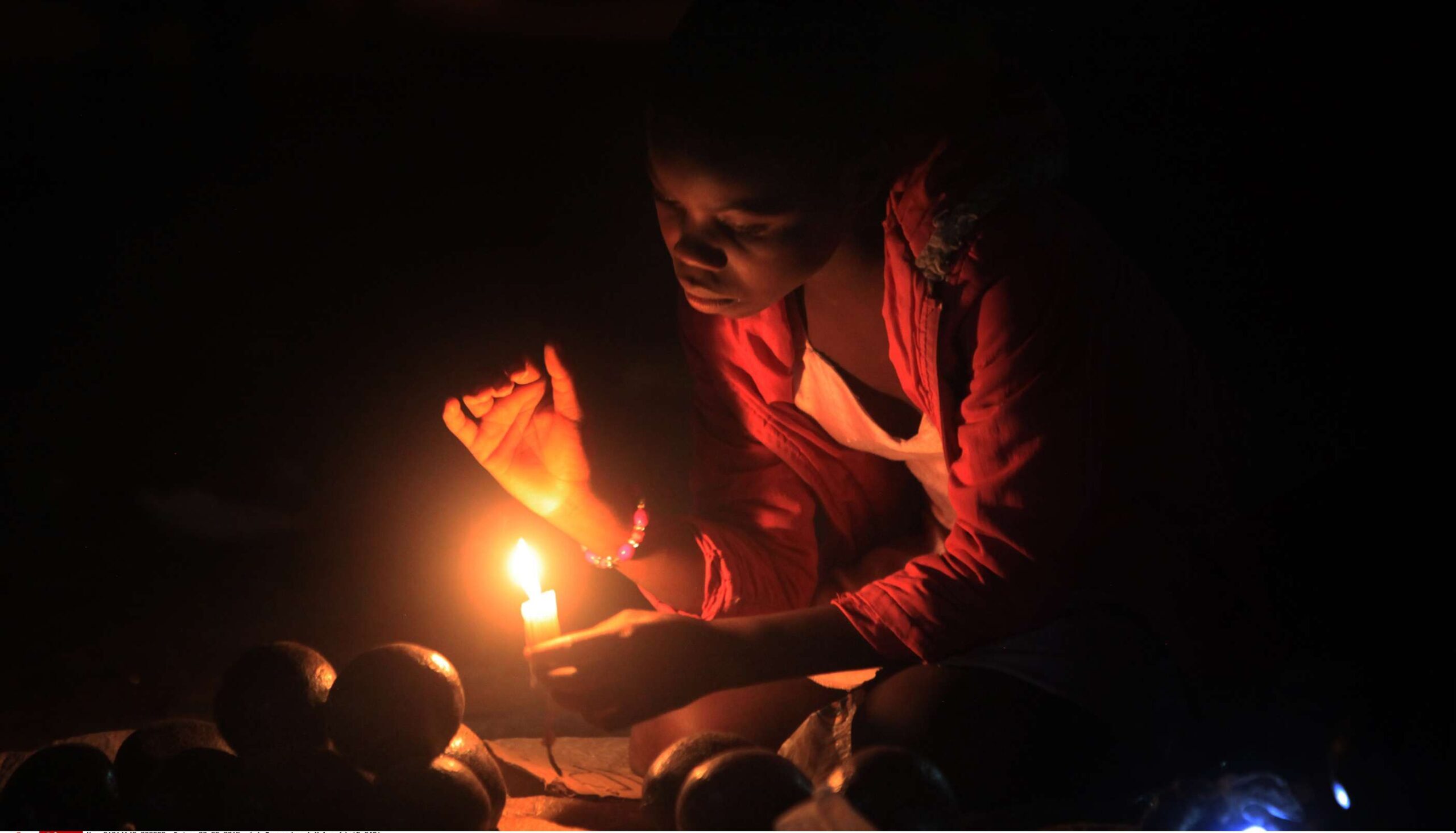IN 2019, Zimbabwe’s economy shrunk by an estimated 8,1 percent that was in part due to the loss of power generation at Kariba.
During that dark year, the government made a bid to clear issues with independent power producers (IPPs), put in place a cost-reflective tariff and restructure the then scandal-ridden Zesa into a lean and efficient operation.
If there is anything that this economy needs the most at this point it is efficient organisations, from the central government to parastatals, State-owned enterprises and local authorities.
A cost-reflective tariff should also be met by efforts to reduce all sorts of waste on the part of the power utility.
The power tariff can be increased tenfold monthly, but this might never be enough so long the power utility maintains shambolic and chaotic systems of yesteryears.
Zesa Holdings has the lousiest loss control and debt collection systems at the moment and that has to be sorted out.
According to the former Energy minister, Fortune Chasi, Zesa is owed more than US$1,2 billion by customers.
A chunk of that debt is owed by government departments, local authorities, politicians and other highly connected elites.
A significant number of people are still connected to the grid illegally and accessing power for free.
Reforming the utility has to be a top priority for the President Emmerson Mnangagwa administration if the country is to forge ahead with its economic recovery agenda.
We cannot talk of economic growth without reliable and economically priced electricity to power mines and industries which are so eager to make up for productive time lost over the greater part of the year.
Our neighbours, who we usually rely on for power imports, are currently facing their constraints.
There just isn’t enough power being produced in the region, so it is incumbent upon us to make the most of the little that we generate.
Even if there was electricity available to import, we just don’t have the required foreign currency to do so.
It is high time the government critically addresses all impediments blocking the flow of private capital into power generation.
Since the government opened up the sector to independent power producers, less than a third of all applicants have gone on to launch and generate power — this alone ought to be an indictment on authorities.
A report released earlier this year showed that the government has over the past decade issued licenses for projects with the capacity to generate more than 6 000 MW, but less than 200 MW has been added to the national grid.
The sector is still very inhibitive of private capital.




